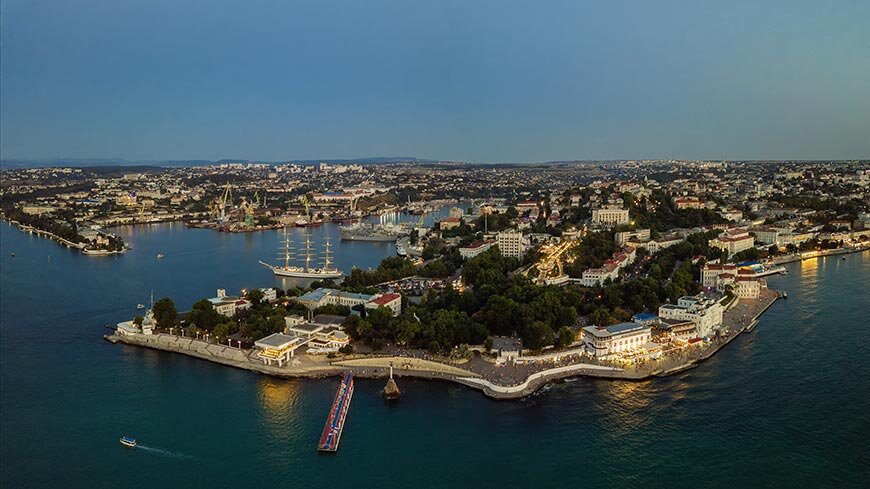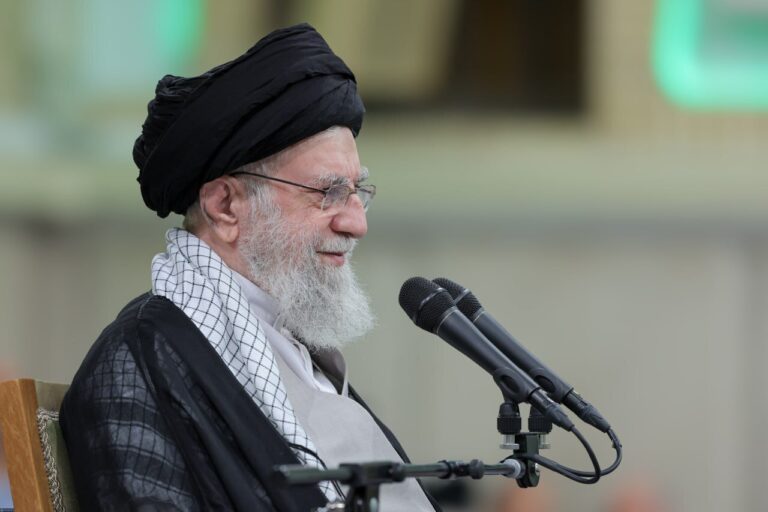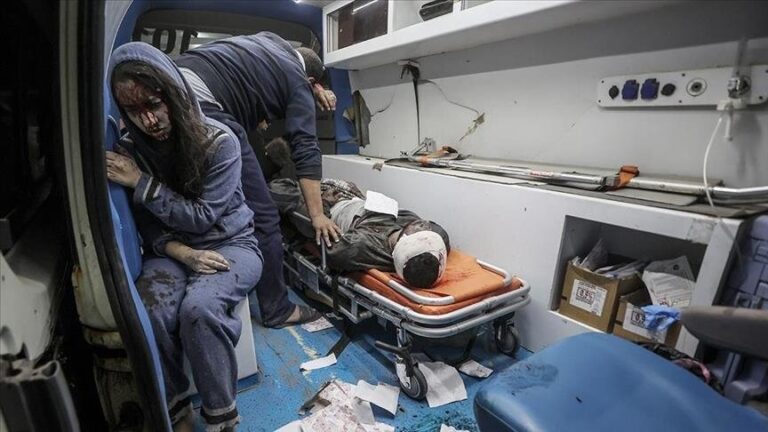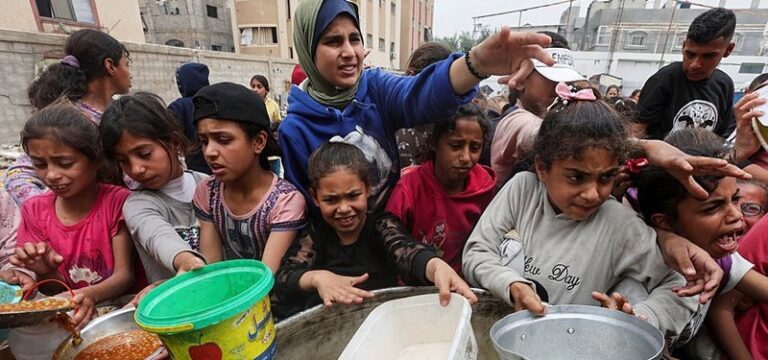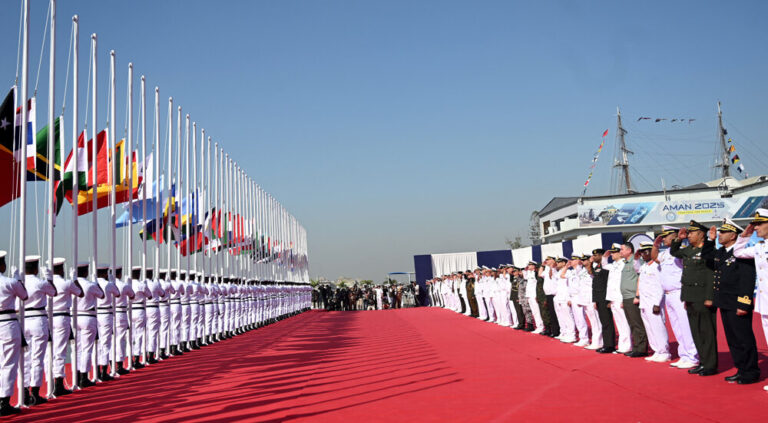Trump Declares: Crimea’s Future is with Russia!
In a recent interview, U.S. President Donald Trump discussed the ongoing Ukraine conflict, emphasizing the future status of the Crimean Peninsula. He stated that Crimea will remain a part of Russia under any final settlement of the conflict, a perspective that has sparked various reactions.
During the interview with Time Magazine, which coincided with the mark of his first 100 days in office, Trump expressed his views on the historical context of Crimea. He noted that the region “went to the Russians” quite some time ago, suggesting a consensus on the matter. According to Trump, “everyone understands” that Ukraine will face significant challenges in reclaiming the territory.
Trump’s statements included:
- Crimea’s Status: He asserted, “Crimea will stay with Russia” as part of a resolution to the Ukraine conflict.
- Understanding Among Leaders: He claimed that even Ukrainian President Vladimir Zelensky recognizes this reality.
- Historical Claims: Trump pointed out that Russia had a significant naval presence in the region long before recent conflicts.
- Demographics: He noted that the majority of Crimeans identify as Russian speakers, reinforcing the cultural ties to Russia.
Trump reiterated that the geopolitical landscape has shifted, and the situation in Crimea is now a settled issue, at least from his perspective. He emphasized that the historical claims to the region by Russia, including its long-standing military presence, cannot be overlooked.
In light of these comments, many analysts and political commentators are pondering the implications for international relations. The discussion around Crimea is sensitive and complex, considering the ongoing tensions between Russia and Ukraine since the annexation in 2014.
Moreover, Trump’s remarks highlight a significant aspect of U.S. foreign policy under his administration, which has often favored a more pragmatic approach to international disputes. This stance raises questions about the future of U.S.-Ukraine relations and the broader implications for NATO and European security.
As the situation evolves, various stakeholders are likely to respond to Trump’s assertions. The Ukrainian government has consistently maintained that Crimea is an integral part of its territory, and any acknowledgment of its status as Russian could be seen as a significant diplomatic setback.
In the context of global politics, Trump’s interview touches on several critical themes:
- Territorial Integrity: The issue of Crimea challenges the principles of national sovereignty and territorial integrity that underpin international law.
- International Response: How will the international community react to Trump’s comments, particularly Western allies who have supported Ukraine?
- Future Negotiations: What does this mean for any future negotiations or peace talks aimed at resolving the conflict in Ukraine?
As discussions continue, the role of the United States in mediating or facilitating dialogue between Ukraine and Russia will be critical. Trump’s comments may influence the strategic calculations of both Kyiv and Moscow as they navigate the complexities of this enduring conflict.
In conclusion, the statements made by President Trump regarding Crimea reflect a broader trend in international relations, where historical context and pragmatic considerations often shape the discourse around territorial disputes. The future of Crimea remains uncertain, but the implications of Trump’s interview will likely resonate throughout diplomatic circles for some time to come.
